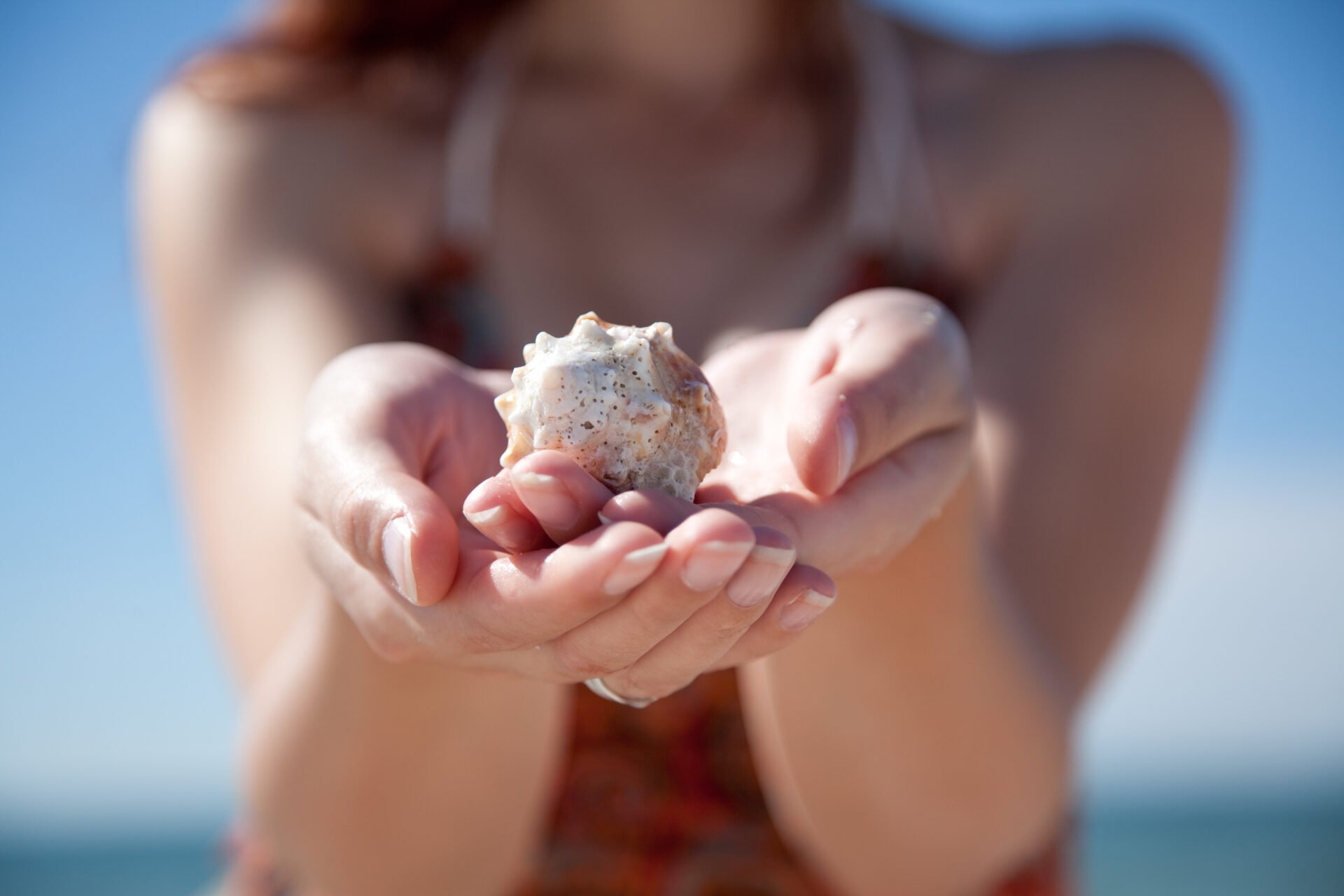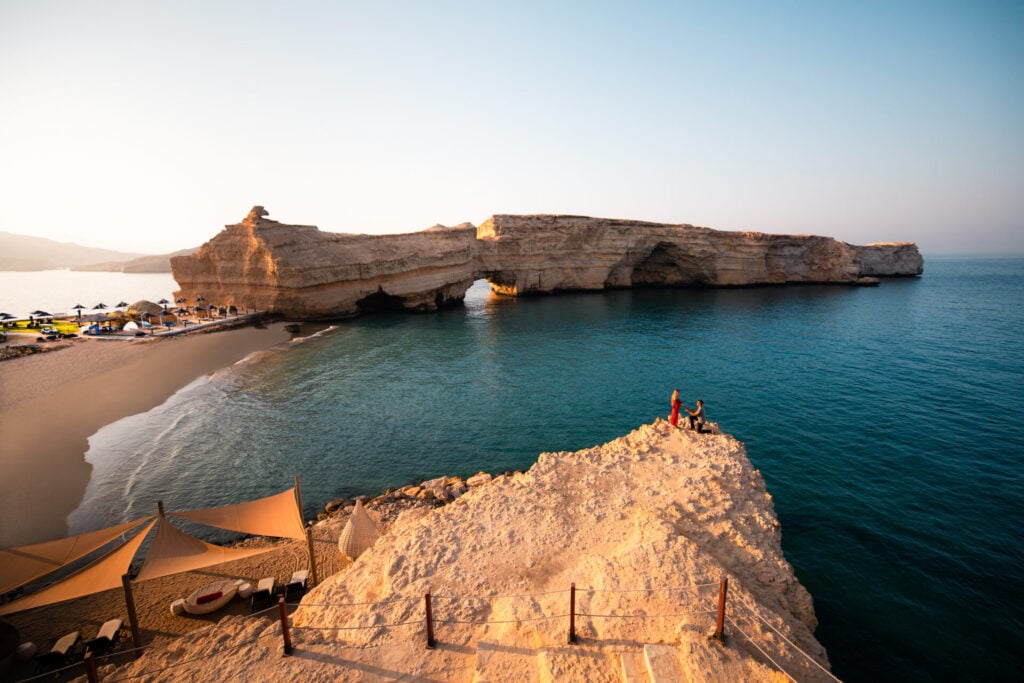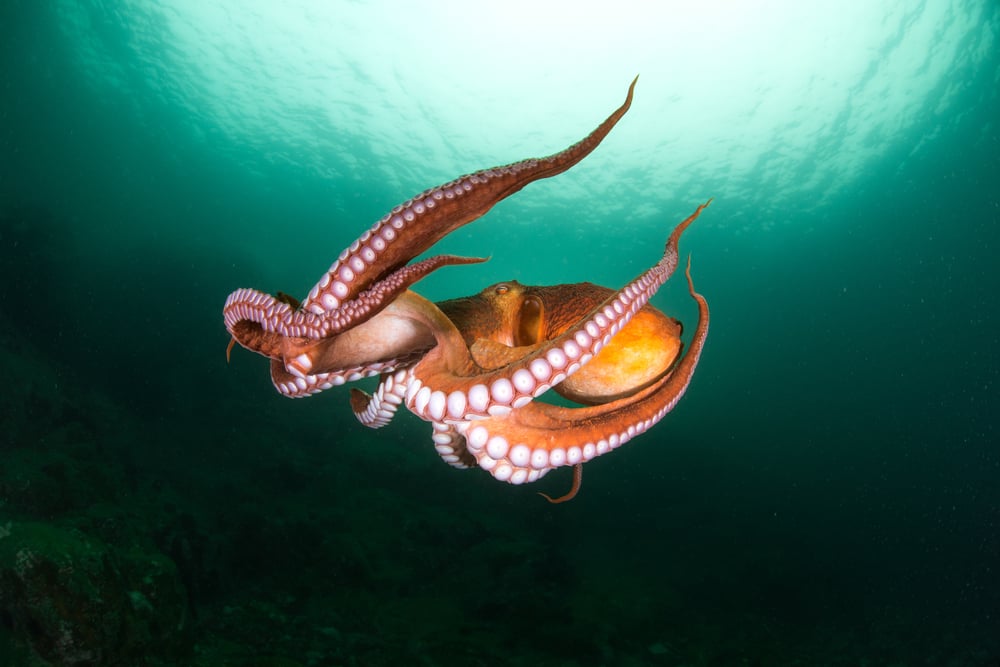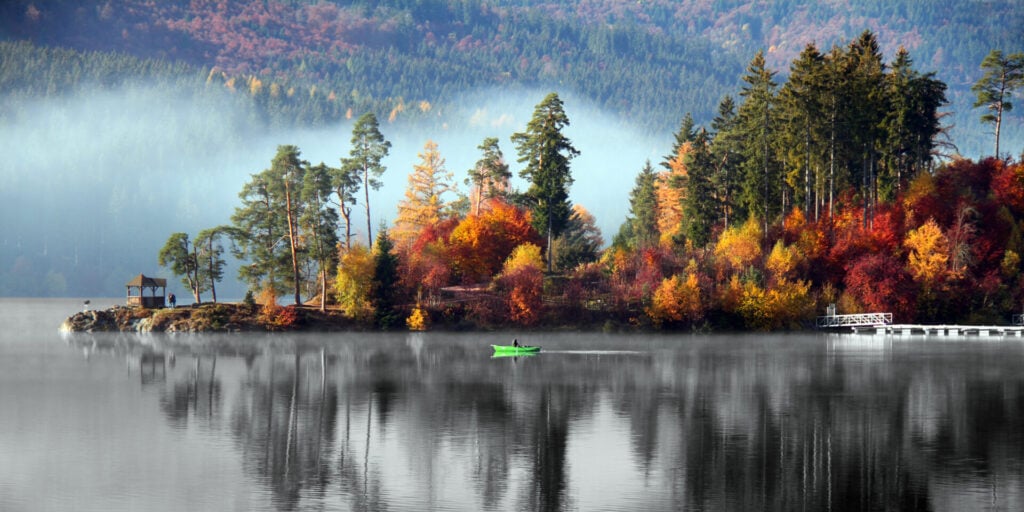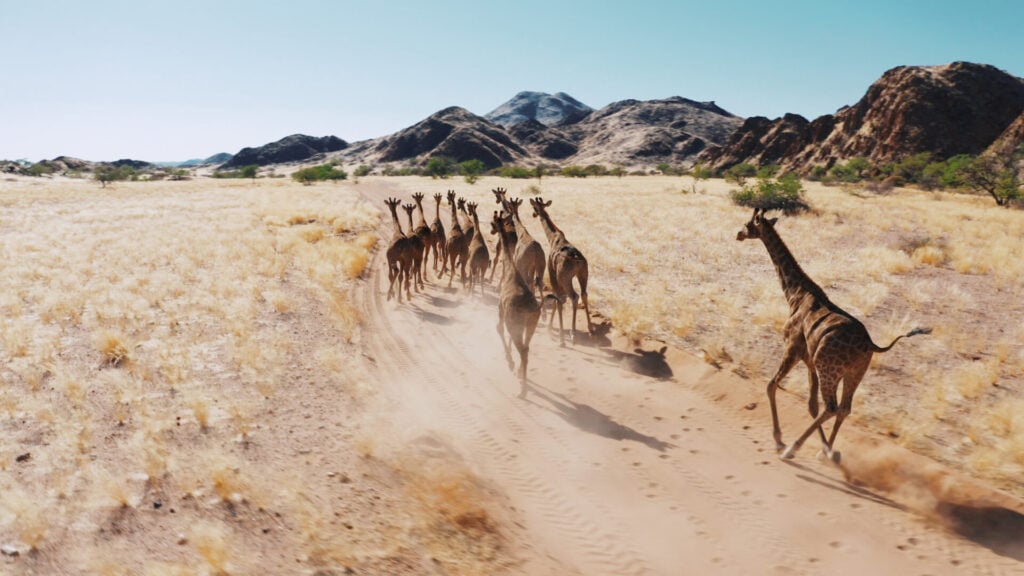It’s tempting to pick up a perfect seashell from a Maldivian beach or a smooth river stone from a hike in Oman. But while these little mementoes feel harmless, the fact is they add up, and taking natural souvenirs from beaches, forests, or reefs is damaging ecosystems already under stress.
On a beach, shells aren’t just decorative. They provide homes for hermit crabs, break down into sand that stabilises coastlines, and form part of the nutrient cycle that supports marine life. Driftwood feeds insects, fungi and plants. Stones protect riverbanks from erosion. Even pinecones scattered along a forest trail carry seeds that sustain entire ecosystems. Remove them, and you’re not only taking home a pretty object, you’re disrupting the delicate balance of nature that countless species, including us, depend on.
On a beach, shells aren’t just decorative. They provide homes for hermit crabs, break down into sand that stabilises coastlines, and form part of the nutrient cycle that supports marine life.
While one pebble might seem insignificant, the collective impact is staggering. Studies have shown that tourists remove millions of shells each year from beaches in the Mediterranean alone, enough to measurably alter the landscape and threaten biodiversity.
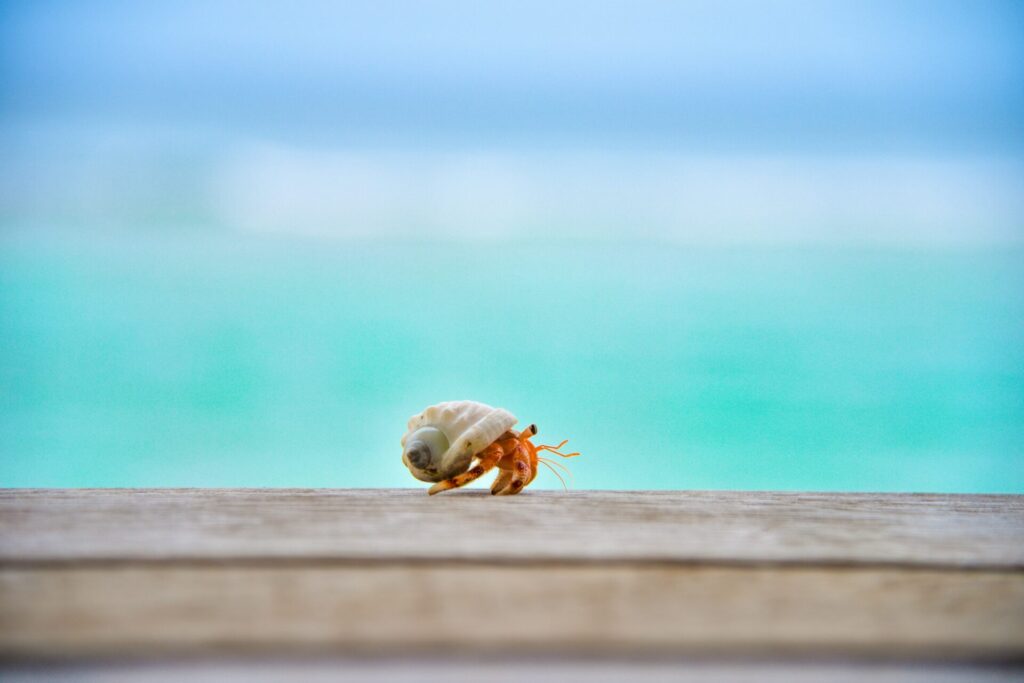
Coral, too, is under siege. Even fragments that look lifeless are vital to reef systems, providing shelter and breaking down into sand that supports island beaches. In Sardinia, authorities have confiscated tonnes of sand from departing travellers, who have scooped up jars from the island’s famous pink beaches as souvenirs . It might feel harmless at the time, but when thousands of people do the same, it adds up to real damage.
And it’s not just our shorelines. Not long ago, picking wildflowers was a simple childhood pleasure. But times have changed, and climate change, intensive agriculture and urban sprawl, means wildflower numbers have plummeted.
In the UK alone, 97 per cent of wildflower meadows have vanished since the 1930s, leaving pollinators desperate. So each bloom plucked is one less meal for bees and butterflies, and one less chance for plants to seed. Today, taking wildflowers as natural souvenirs is frowned upon and, in many places, illegal. Bluebells in Britain, for example, are now protected by law.

Small Souvenirs, Big Fines
Sardinia fines tourists up to €3,000 for removing sand or shells from its beaches, and authorities there have confiscated tonnes of sand and pebbles from travellers in just a few years. In the Maldives, exporting coral or turtle shells is strictly banned, with customs officers carrying out checks to protect fragile reef systems. The Canary Islands face a similar battle, where police patrol beaches to stop visitors scooping up black volcanic sand and pebbles.
Sardinia fines tourists up to €3,000 for removing sand or shells from its beaches. In the Maldives, exporting coral or turtle shells is strictly banned. In Hawaii, locals warn against taking lava rocks because it’s against state law
In Hawaii, locals warn against taking lava rocks not just for cultural reasons but because it’s against state law. Australia, too, has tough restrictions on collecting shells or coral from its national parks, where even seemingly lifeless fragments are protected. And closer to home, in the UAE, removing shells, corals or sand from protected beaches can lead to penalties.
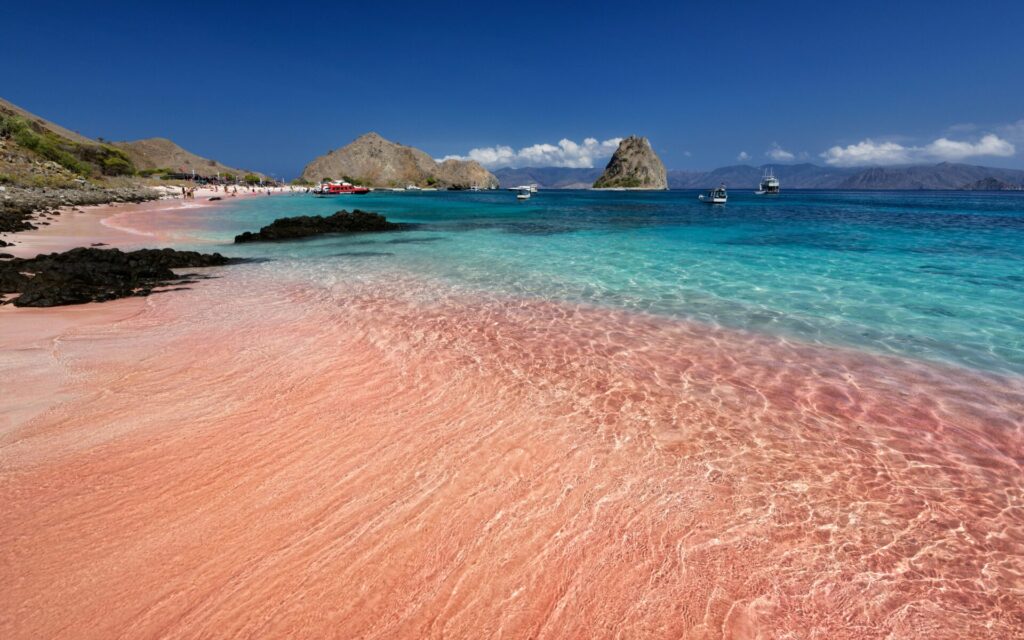
Arriving at the airport with a suitcase of ‘natural souvenirs’ can mean confiscations, fines and, in some cases, a criminal record. But the bigger issue is environmental. Many of the things we’re most tempted to pocket are often the very things nature can’t afford to lose.
It’s easy to think one shell won’t matter, but when millions of visitors think the same way, beaches empty, habitats shrink and species lose the resources they need to survive. The problem is cumulative, and once ecosystems begin to unravel, it is extraordinarily difficult to piece them back together.
When Natural Souvenirs Cross Cultural Lines
Beyond the ecological and legal issues, there’s also a cultural dimension to pocketing natural souvenirs. In Hawaii, for example, it’s considered bad luck to take lava rocks, many locals believe it angers Pele, the volcano goddess, and there are plenty of stories abound tourists mailing rocks back after suffering misfortune.
For Māori in New Zealand, forests and rivers are not just landscapes but sacred spaces, with native plants and stones often protected by custom and by law. To pocket ‘natural souvenirs’ isn’t only an offence, it can be seen as an insult.
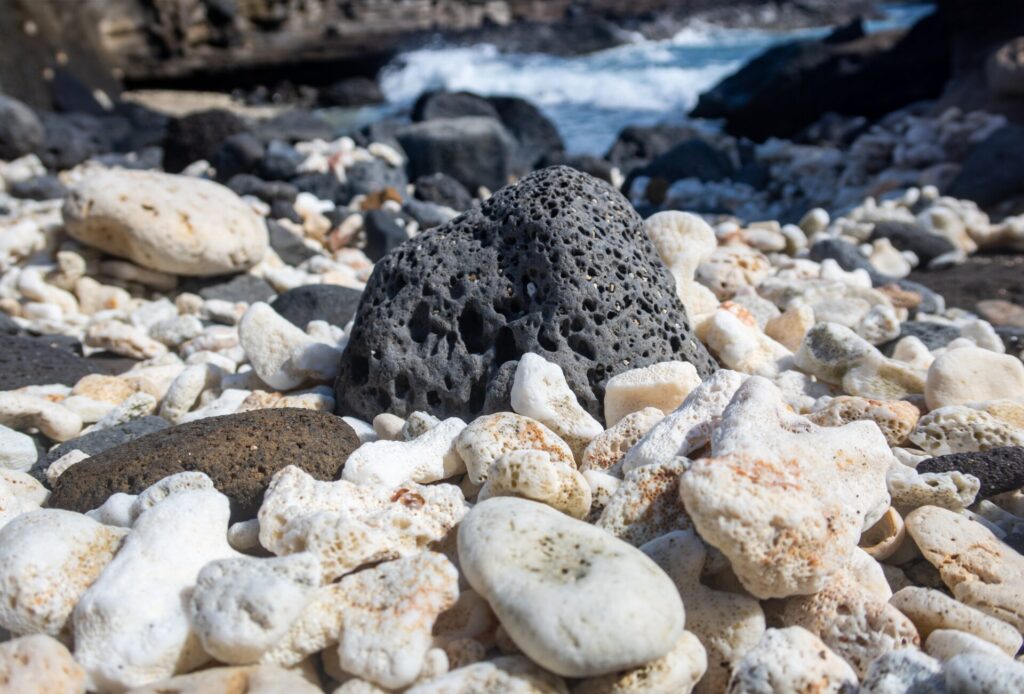
Similar stories echo around the world.
At Uluru in Australia, visitors are warned against pocketing rocks or sand from the monolith, a site sacred to the Anangu people. Beyond its cultural significance, Uluru is a UNESCO World Heritage Site, and removing anything from it is illegal and disrespectful. Rangers have reported that even small acts, like scratching names into the rock or taking a pebble, are treated seriously because for the Anangu, Uluru is a living place of deep spiritual importance.
In Iceland, folklore says that elves live in certain rocks, so it’s taboo to disturb them. Even in Japan, branches, stones or soil from Shinto shrines and sacred forests are left untouched out of respect for the kami, or spirits, believed to live there. Its considered highly inappropriate to take anything home from these places as natural souvenirs.
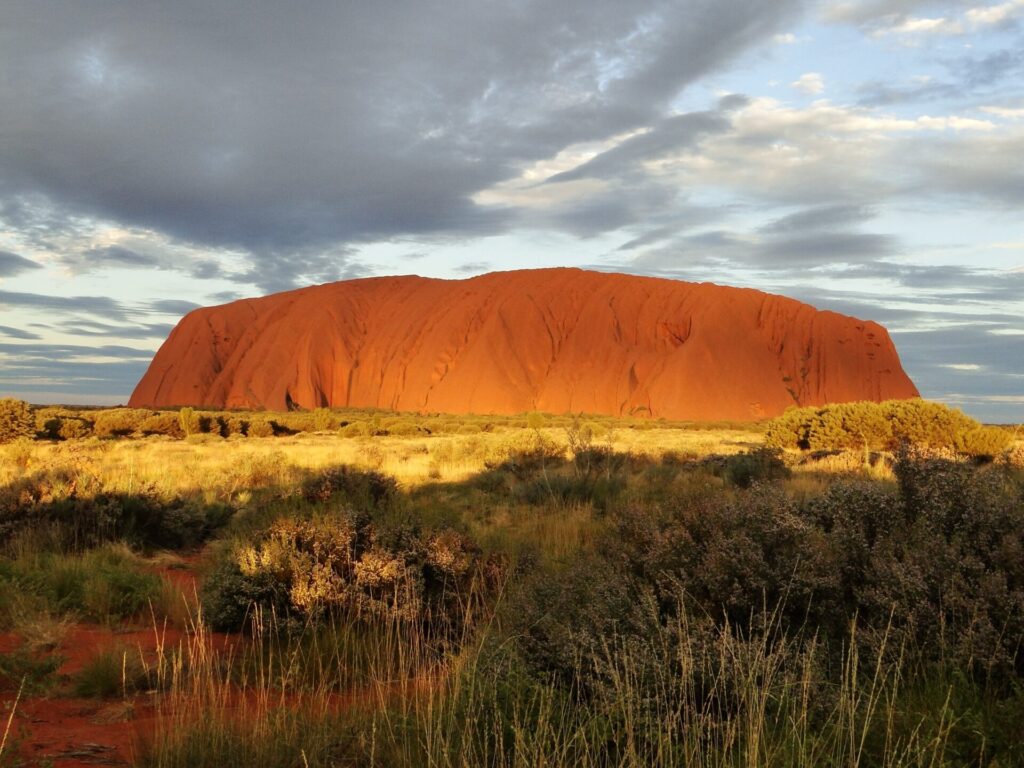
There are, of course, better ways to remember a trip. Photographs and videos capture moments without removing anything. Local artisan crafts, from woven baskets to handmade ceramics, support communities and keep cultural traditions alive. Experiences, from cooking classes to guided hikes and wildlife safaris, often become the most meaningful souvenirs of all. Conscious travel doesn’t mean skipping keepsakes altogether, it means choosing ones that give back rather than take away.
By leaving natural treasures behind, we ensure they remain there for the next traveller, the local community and its ecosystem. The next time you reach for that shell, stone or coral fragment, pause. Ask yourself: would I rather admire this for a moment, or know that it will still be here for the next tide, the next hermit crab, the next child searching the sand?

